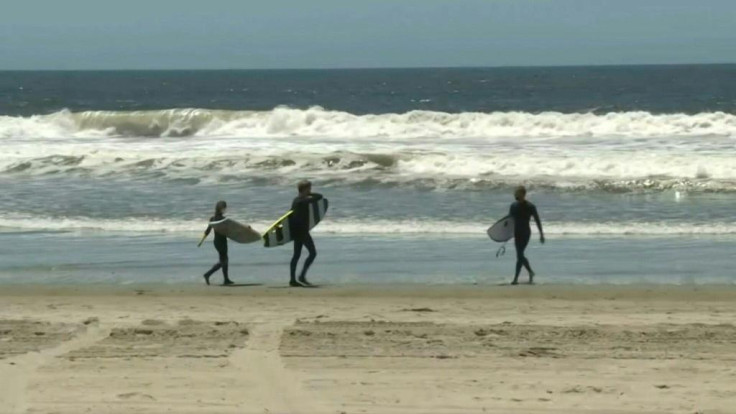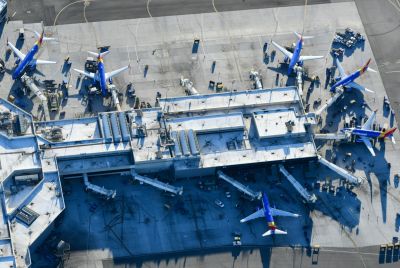'Hidden' beach, known for its golden sand, reopens for public after 40 years
The legal battle for public access to the beach finally ended earlier this month

A 'hidden' beach in California is reportedly set to reopen fully to the public after being shut for 40 long years.
Escondido, which means "hidden" in Spanish, had been inaccessible to the public since the 1980s. Known for its tranquil waters and golden sand, the beach was cut off from the public by its wealthy landowners. Those people were successful in keeping people away from the beach for decades despite California law requiring that all land beneath the high-tide line be open to all.
Why was the "hidden" beach shut?
The complicated legal moves, along with tricky construction plots including a thick hedge, a driveway and metal fences further kept the coastline sealed. All this led to a lengthy legal battle involving private lawyers and the California coastal commission, reported Mirror.
However, the state recently approved an agreement for the landowners to create a new path to the coastline, reported The Guardian.
During a meeting on June 7, the coastal commission of California finally ended the legal battle that had been underway for years now, approving a settlement to reinstate public access to the beach. It was also declared that the wealthy homeowners who live near the area will bear the cost to make the new path to the beach.
"Beaches are California's crown jewels and public access is a core mission of our law. Access is for everyone, whether you live down the street or in the Central Valley or you're visiting from across the globe.
"We hope this enforcement action sends a message to other property owners who may be hiding or blocking access to the coast that it's time to return those beaches to the public," said Donne Brownsey, the California coastal commission chair.
A direct entry to the beach had been obscured by two properties along the Pacific Coast Highway. The homes are owned by Frank Mancuso Sr, the former chief executive of Paramount Pictures and MGM, and the Wildman Family Trust, the heirs of Don Wildman, the late founder of Bally Total Fitness.
Back in the 1970s, there was a straight road that ran down to the beach. However, the owners of the homes along the road made a few unpermitted steps to stop public access to the beach. The former owners, Ken and Jeannette Chiate and Marilyn and Roger Wolk, installed private driveways, walls, mailboxes and palm trees.
In the meeting earlier this month with the California coastal commission, the homes' current owners, Mancuso and the Wildman family, argued that they just inherited the violations and had not committed any offences themselves. To avoid any kind of further legal issues, they agreed to finance the restoration.
Payback time for wealthy landowners
As per the approved agreement, the Wildman Family Trust will remove the illegal development that Don Wildman had installed and move the beach's public access closer to the location it was initially planned for. They will also build a public beach access way from Pacific Coast Highway and set up five public parking spots and a restroom. The estimated cost for all this is expected to be more than $3 million (£2.3 million), according to Robert Moddelmog, an enforcement analyst for the coastal commission.
Mancuso, on the other hand, will remove the illegal driveway built by the previous homeowner and move much of the obstructions onto his property. He will also assist the Wildman Family Trust in building a beach accessway, and a public parking area and pay a $600,000 (£471,000) fine.
California has witnessed many such legal battles to preserve its beaches from wealthy landowners over the years. In 2017, a California court forced a billionaire venture capitalist to reestablish access to a beach he had closed off for private use. Two years earlier, in 2015, the coastal commission won a lengthy legal fight and opened a new accessway to Carbon Beach.
© Copyright IBTimes 2025. All rights reserved.






















